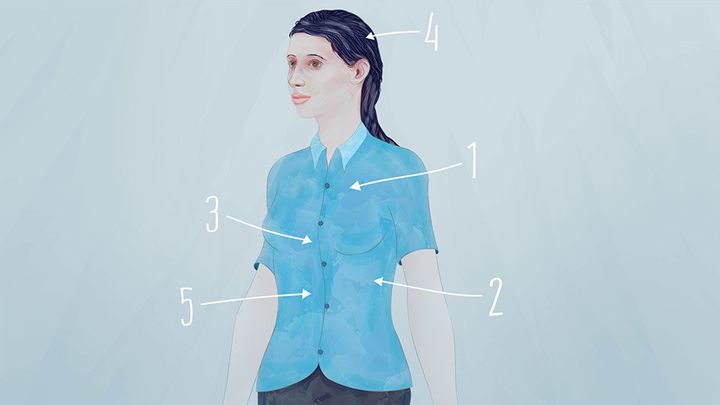
Here’s what’s going on mentally and physically when you lose someone you love
1. Your Heart
– Heart attacks are more likely, thanks to the trifecta of increased blood pressure, heart rate and clotting. One small study in Circulation found that the risk is 21 times higher than normal in the 24 hours following the death of a loved one, and stays higher than normal for up to a week. Strokes and blood clots that travel to the lungs are also a concern, according to a study in JAMA Internal Medicine.
– The “broken heart syndrome” you’ve heard about is real — but it’s rare, and thankfully, rarely fatal. Called Takotsubo cardiomyopathy, it happens when the left ventricle of your heart (which does most of the pumping) suddenly gets weak. It’s more common in women, though, and, oddly enough, new research shows that it can strike after an extremely happy or joyful event too.
2. Your Adrenal Glands
– Expect sleepless nights and stomach troubles for the next six months or so because your adrenal glands are pumping out more cortisol than usual. (The stress hormone is known to mess with sleep and digestion.)
3. Your Immune System
– Your flu shot might be less effective. Your body should produce antibodies when you get the vaccine, but in elderly adults who’d lost someone within the past year, that response was less robust, according to a study in Brain, Behavior and Immunity. (The flu vaccine is less effective in general in people 65 and older, but this study found effectiveness was even less after a period of grieving).
4. Your Brain
– For an estimated 7 to 10 percent of people who lose someone, the grief doesn’t ease over time. If it continues to affect their day-to-day functioning for at least 12 months, they may be suffering from complicated grief, also called persistent complex bereavement disorder. The condition is linked to worse scores on word-association and other cognitive tests and smaller brain volumes, according to a study in Psychological Medicine. It makes sense, since chronic stress (including the emotional kind) is also associated with less gray matter in a few critical brain regions.
– You don’t need us to tell you that the only thing you can focus on is the person who’s gone. That lack of concentration may be why you’re also having some memory lapses. Compared with people who weren’t grieving, those who’d lost their spouse six months prior had more trouble recalling details of a story they were told, both immediately after hearing it and with a gap between hearing it and being questioned about it.
5. Your Whole Body
– Normal stresses seem to linger longer, and in the case of complicated grief, that may be because the body’s slower stress responder is taking the lead when everyday issues arise, suggests a study in the Journal of Affective Disorders. Normally, your parasympathetic nervous system takes over when responding to stress, and that’s a good thing — it reacts and returns your body to baseline much faster than your body’s other option, the sympathetic nervous system. But in people with complicated grief, the sympathetic system seems to be in charge.
– Inflammation levels rise, which may help explain why death (from any cause) is more likely for people who are grieving. Chronic inflammation is thought to play a role in cancer, heart disease and diabetes.
Expert Sources
Mary-Frances O’Connor, PhD, assistant professor of psychology at the University of Arizona
George Bonanno, PhD, professor of clinical psychology and director of the Loss, Trauma, and Emotion Lab at Teachers College, Columbia University
Nicole LeBlanc, PhD candidate in psychology at Harvard who specializes in complicated grief
Anna Phillips, PhD, health psychologist at the University of Birmingham, UK
Authored by Emma Haak
